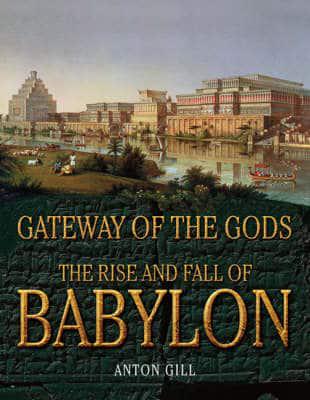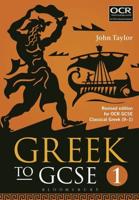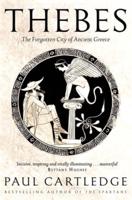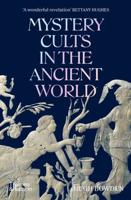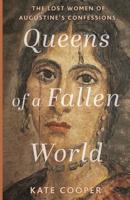Publisher's Synopsis
Nebuchadnezzar: military genius, law-giver, architect of one of the Seven Wonders of the Ancient World, and ruler of marvelous Babylon, city of 200,000 souls girded by 18 kilometres of walls so wide two four-horse chariots were said to be able to pass side-by-side; or 'destroyer of nations', the vilified despoiler of Judea ultimately driven mad by the Lord's vengeance? Two very different portraits exist for Babylon's greatest ruler. Wherein lies the truth? Nebuchadnezzar's reign (c630 ¬- 562 BC) represents the last and perhaps greatest flowering of a culture that had endured for three millennia. His capital, Babylon, home of the famous Hanging Gardens, was a wonder of the ancient world in itself, but nothing remains today of the city except a scattering of dusty mounds, Nebuchadnezzar's deeds have been obscured by time, and popular history has failed to engage this most fascinating of rulers. Anton Gill's new book charts not only Nebuchadnezzar's rise to power, his hand in the downfall of the Assyrian Empire, his campaigns and his architectural transformation of Babylon, but also explores the deeper history of Fertile Crescent and explains why, for all its apparent majesty, Babylon was to fall to Cyrus the Persian only 13 years after Nebuchadnezzar's death.
